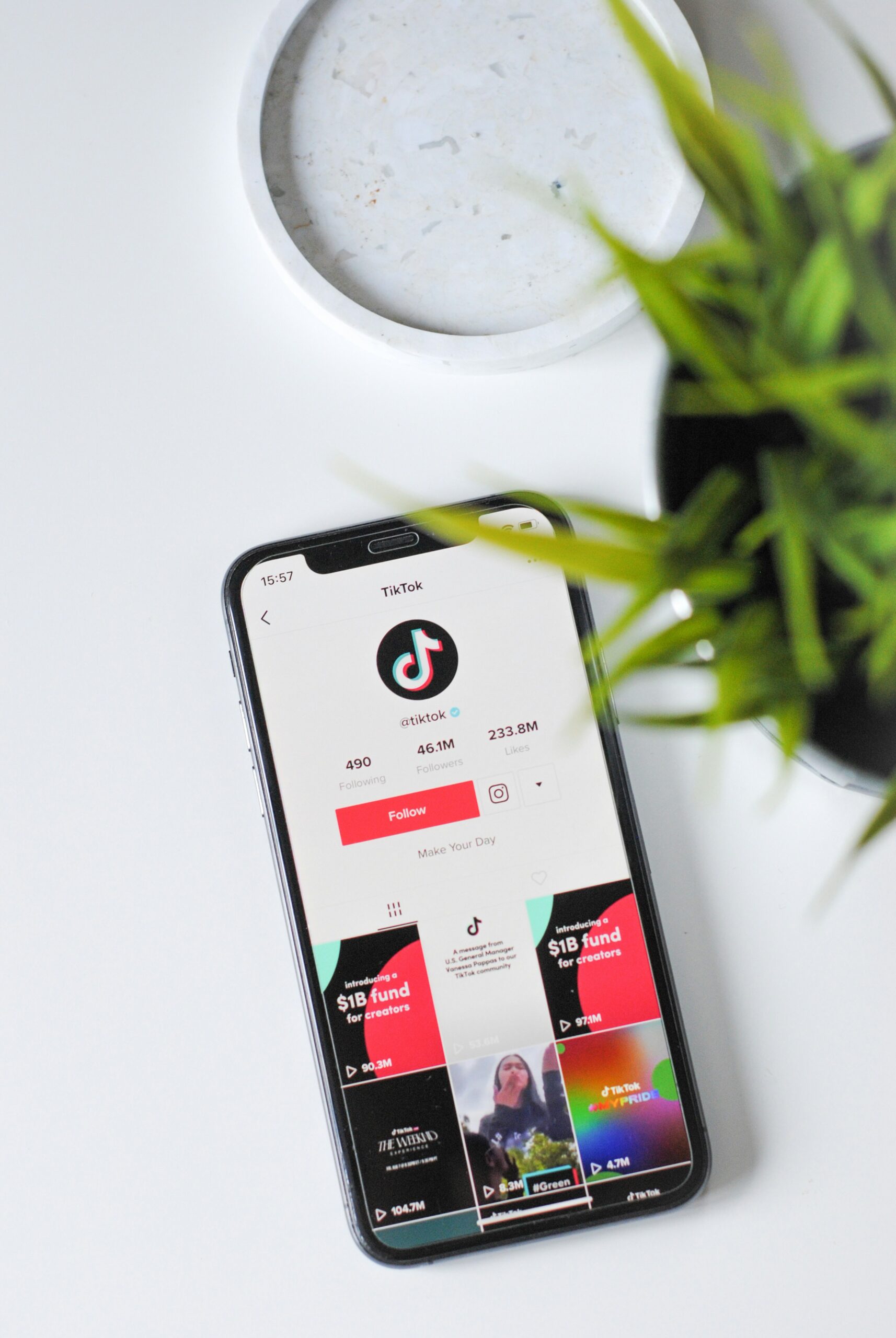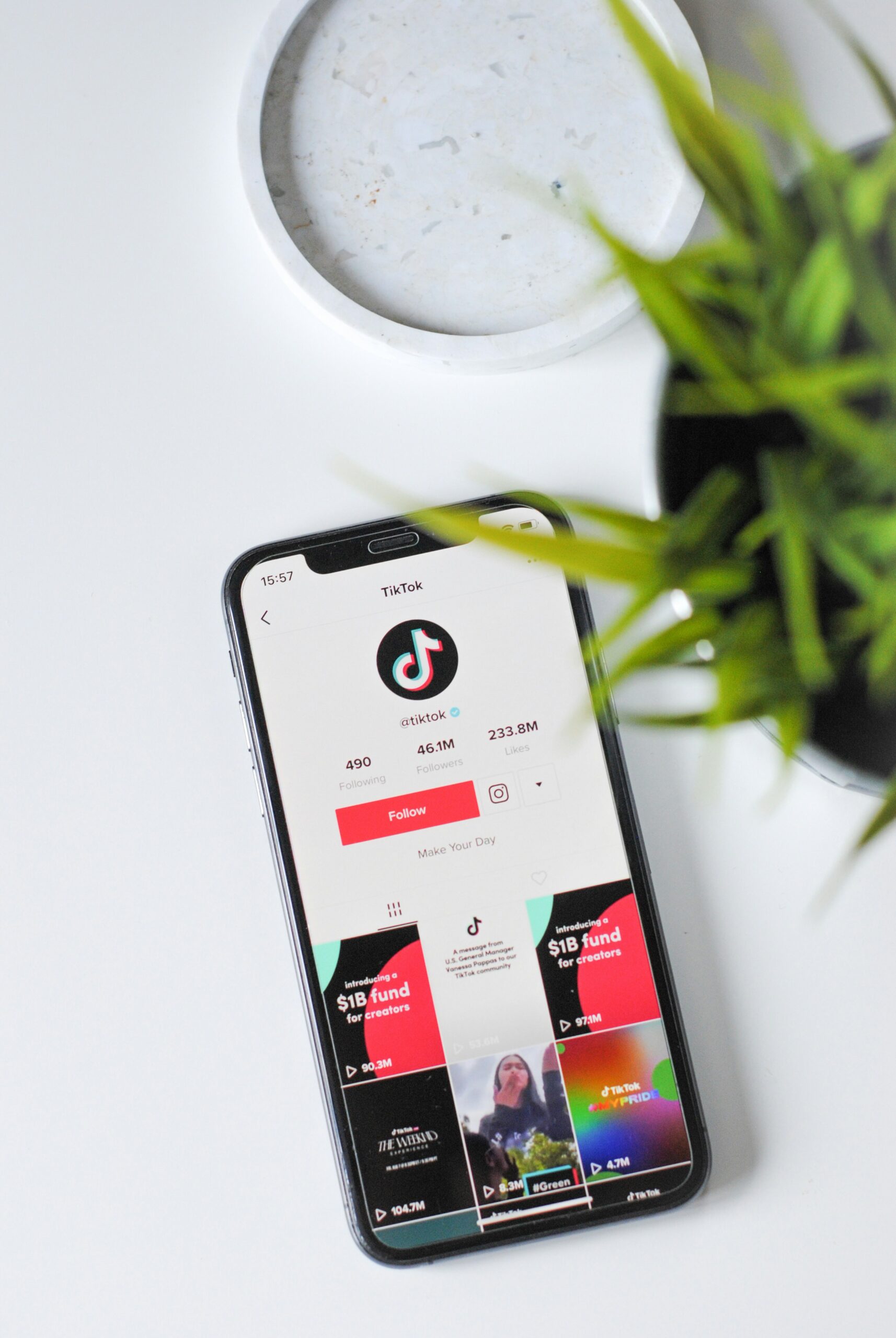
The Role of Social Media in Digital Marketing: Building Brand Awareness, Driving Traffic, Targeted Advertising, Engaging with the Audience, Influencer Marketing, Monitoring and Analytics
Social media has revolutionized the way businesses approach marketing. With the rise of platforms like Facebook, Instagram, Twitter, and LinkedIn, companies now have the opportunity to reach a vast audience and engage with them in real-time. The role of social media in digital marketing is multifaceted and goes beyond simply posting content and hoping for the best.
One of the primary benefits of social media in digital marketing is the ability to target specific demographics. Unlike traditional advertising methods, social media platforms allow businesses to tailor their messaging to reach the right people at the right time. Through advanced targeting options, businesses can segment their audience based on factors such as age, location, interests, and behavior. This level of precision ensures that marketing efforts are focused on individuals who are most likely to be interested in the products or services being offered.
Additionally, social media provides businesses with valuable insights into consumer behavior and preferences. Through analytics tools, companies can track engagement metrics such as likes, comments, shares, and click-through rates. These metrics provide valuable feedback on the effectiveness of marketing campaigns and allow businesses to make data-driven decisions to optimize their strategies.
Furthermore, social media allows for real-time communication and customer engagement. Businesses can respond to customer inquiries, address concerns, and provide personalized support directly through social media platforms. This level of accessibility and responsiveness helps to build trust and loyalty among customers, ultimately leading to increased brand advocacy and repeat business.
Another significant advantage of social media in digital marketing is the ability to generate user-generated content (UGC). UGC refers to content created and shared by consumers about a brand or product. This can include reviews, testimonials, photos, videos, and more. UGC is highly influential as it provides social proof and builds credibility for a brand. By encouraging customers to share their experiences and opinions on social media, businesses can leverage UGC to amplify their marketing efforts and reach a wider audience.
In conclusion, social media plays a vital role in digital marketing by providing businesses with a powerful platform to connect with their target audience, build brand awareness, and drive sales. Its ability to target specific demographics, provide valuable insights, facilitate real-time communication, and generate user-generated content makes it an indispensable tool for any modern-day marketer. To stay competitive in today’s digital landscape, businesses must embrace social media and leverage its power to achieve their marketing goals.
Furthermore, social media platforms offer various features that can enhance brand awareness. For instance, businesses can utilize hashtags to increase the discoverability of their content. By using popular and relevant hashtags, they can ensure that their posts reach a wider audience who are interested in similar topics or products.
In addition to hashtags, businesses can also leverage the power of influencers to boost their brand awareness. Influencer marketing has become a popular strategy in recent years, as influencers have the ability to reach a large and engaged audience. By partnering with influencers who align with their brand values and target audience, businesses can tap into their followers’ trust and credibility to promote their products or services.
Moreover, social media platforms provide businesses with the opportunity to run targeted advertising campaigns. With advanced targeting options, businesses can reach specific demographics, interests, and behaviors, ensuring that their ads are seen by the right people. This not only increases brand awareness but also improves the overall effectiveness of their marketing efforts.
In conclusion, social media plays a crucial role in building brand awareness for businesses. Through engaging content, direct interaction with customers, strategic use of hashtags, influencer partnerships, and targeted advertising, businesses can effectively showcase their brand personality and reach a wider audience. By leveraging the power of social media, businesses can strengthen their brand presence, build trust and credibility, and ultimately attract potential customers.
2. Driving Website Traffic
Social media platforms serve as powerful channels for driving traffic to a business’s website. By sharing links to their website content on social media, businesses can attract users to visit their site and explore their products or services further. This not only increases website traffic but also improves the chances of generating leads and conversions.
Furthermore, social media platforms provide businesses with the opportunity to optimize their posts for search engines. By using relevant keywords and hashtags, businesses can improve their visibility in search results, driving even more organic traffic to their website.
One effective strategy for driving website traffic through social media platforms is to create engaging and shareable content. When businesses create high-quality content that resonates with their target audience, users are more likely to share it with their own followers, extending the reach of the content and driving more traffic to the website. This can be achieved by creating informative blog posts, visually appealing infographics, or entertaining videos that provide value to the audience.
In addition to creating shareable content, businesses can also leverage social media advertising to drive website traffic. Platforms like Facebook, Instagram, and LinkedIn offer robust advertising tools that allow businesses to target specific demographics, interests, and behaviors. By creating compelling ad campaigns and directing users to relevant landing pages on their website, businesses can effectively drive traffic and increase the chances of conversion.
Another way to drive website traffic through social media is by actively engaging with the audience. This involves responding to comments, messages, and mentions, as well as participating in relevant conversations and communities. By building a strong online presence and establishing a reputation for being responsive and helpful, businesses can attract more followers and drive traffic to their website through word-of-mouth referrals.
Lastly, businesses can also collaborate with influencers or industry experts to drive website traffic through social media. By partnering with individuals who have a large and engaged following, businesses can tap into their audience and gain exposure to a wider range of potential customers. This can be done through sponsored content, guest blogging, or social media takeovers, where the influencer promotes the business’s website to their followers.
In conclusion, social media platforms offer businesses a multitude of opportunities to drive website traffic. By creating engaging content, leveraging social media advertising, actively engaging with the audience, and collaborating with influencers, businesses can effectively increase their website traffic and reach a larger audience.
Furthermore, social media platforms offer various tools and features that enable businesses to further enhance their targeted advertising strategies. For instance, Facebook Ads Manager provides businesses with the ability to create custom audiences based on specific criteria such as age, location, interests, and even past interactions with the business.
By leveraging this data, businesses can create highly tailored advertisements that are more likely to capture the attention of their target audience. For example, a clothing retailer can create a custom audience of women aged 25-35 who have shown an interest in fashion and have previously engaged with the brand. This allows the retailer to deliver ads showcasing their latest collection directly to the individuals most likely to be interested in their products.
In addition to custom audience targeting, social media platforms also offer lookalike audience targeting. This feature allows businesses to find new potential customers who share similar characteristics and behaviors with their existing customer base. By using lookalike audience targeting, businesses can expand their reach and target individuals who are more likely to be interested in their products or services.
For example, a fitness studio can create a lookalike audience based on their existing customers who have a high engagement rate and regularly attend classes. The platform will then identify individuals who have similar interests, demographics, and online behavior, and deliver ads to this new audience. This approach increases the chances of attracting individuals who are more likely to become loyal customers.
Overall, the ability to target specific audiences with precision is a significant advantage of social media in digital marketing. By utilizing the vast amount of data available on these platforms and leveraging tools like custom audience targeting and lookalike audience targeting, businesses can optimize their advertising efforts and deliver personalized and relevant ads to the right people at the right time.
In addition to providing a direct line of communication, social media platforms offer various features that allow businesses to engage with their audience in creative and interactive ways. For instance, businesses can host live Q&A sessions or webinars to address frequently asked questions and provide valuable insights. These events not only allow businesses to showcase their expertise but also give customers the opportunity to interact directly with the brand.
Furthermore, social media platforms provide businesses with the ability to create polls and surveys, enabling them to gather valuable feedback and insights from their audience. By involving customers in the decision-making process, businesses can make them feel valued and appreciated, ultimately strengthening the bond between the brand and its customers.
Engaging with the audience on social media also offers businesses the opportunity to showcase their personality and values. By sharing behind-the-scenes content, such as employee stories or company events, businesses can humanize their brand and establish a sense of authenticity. This not only helps to build trust but also allows customers to connect on a deeper level with the brand.
Moreover, social media provides a platform for businesses to celebrate their customers and show appreciation for their support. By featuring user-generated content, such as customer reviews or testimonials, businesses can highlight the positive experiences of their audience. This not only encourages brand advocacy but also creates a sense of community among customers.
Overall, engaging with the audience on social media goes beyond simply responding to comments and messages. It involves utilizing the various features and functionalities of social media platforms to create meaningful interactions, gather feedback, and showcase the brand’s personality. By doing so, businesses can foster loyalty, build stronger relationships, and ultimately drive growth and success.
One of the key reasons why influencer marketing has gained significant traction in recent years is the power of social media. With the rise of platforms like Instagram, YouTube, and TikTok, influencers have been able to build large and engaged followings. These influencers have become trusted voices in their respective industries or niches, and businesses have recognized the value they can bring in reaching their target audience.
When businesses partner with influencers who are relevant to their industry or niche, they can tap into the influencer’s existing audience and leverage their influence to promote their products or services. This can be done through sponsored posts, product reviews, or collaborations that showcase the business’s offerings in an authentic and engaging way.
Social media platforms provide the perfect medium for influencers to create and share content that resonates with their audience. Whether it’s a beautifully curated Instagram feed, a behind-the-scenes vlog on YouTube, or a funny skit on TikTok, influencers have the ability to capture their audience’s attention and hold their interest. This content not only entertains and engages the audience but also serves as a vehicle for promoting the business’s products or services.
The authenticity and trust associated with influencers can significantly impact a business’s marketing efforts. Unlike traditional advertising, where consumers are often skeptical of the messages being delivered, influencers have built a level of trust with their audience. This trust is based on the influencer’s genuine interest in the products or services they promote and their ability to provide honest and transparent reviews.
When an influencer recommends a product or service, their audience is more likely to trust their recommendation and consider making a purchase. This can lead to increased brand awareness, as the influencer’s audience becomes aware of the business and its offerings. It can also drive traffic to the business’s website, as followers of the influencer seek more information or want to make a purchase directly.
In conclusion, influencer marketing has become a powerful tool for businesses to reach their target audience effectively. Through partnerships with influencers, businesses can leverage the authenticity, trust, and engagement of these social media personalities to increase brand awareness, drive website traffic, and ultimately boost sales. As social media continues to evolve and influencers continue to grow their followings, the role of influencer marketing is only expected to become more prominent in the marketing strategies of businesses across industries.
Monitoring and analytics are essential components of any successful digital marketing strategy. Social media platforms provide businesses with a wide range of tools and features that enable them to track and analyze key metrics related to their social media campaigns.
One of the primary benefits of using monitoring and analytics tools is the ability to track engagement. These tools allow businesses to measure the number of likes, comments, shares, and other forms of interaction their posts receive. By analyzing this data, businesses can gain insights into the type of content that resonates most with their audience and adjust their strategy accordingly.
Reach is another crucial metric that can be monitored and analyzed using social media analytics tools. It refers to the number of people who see a business’s social media posts. By tracking reach, businesses can determine the effectiveness of their content distribution and identify opportunities to expand their audience.
Furthermore, monitoring and analytics tools provide businesses with valuable information about conversions. Conversions refer to specific actions that users take after interacting with a business’s social media content, such as making a purchase or signing up for a newsletter. By tracking conversions, businesses can assess the impact of their social media campaigns on their overall business goals and make data-driven decisions to optimize their strategies.
By regularly monitoring and analyzing these metrics, businesses can gain a comprehensive understanding of their digital marketing efforts. This data-driven approach allows them to identify trends, spot areas for improvement, and make informed decisions to achieve better results. For example, if a business notices that posts with certain keywords or hashtags receive higher engagement, they can incorporate these elements into their future content to maximize their reach and impact.
Moreover, monitoring and analytics tools also provide businesses with insights into their audience demographics and behaviors. By understanding their audience better, businesses can tailor their content to meet their preferences and needs, ultimately building stronger connections and driving higher engagement.
In conclusion, monitoring and analytics tools play a crucial role in the success of a business’s social media marketing efforts. By tracking key metrics such as engagement, reach, and conversions, businesses can gain valuable insights, optimize their strategies, and achieve better results in the highly competitive digital landscape.


